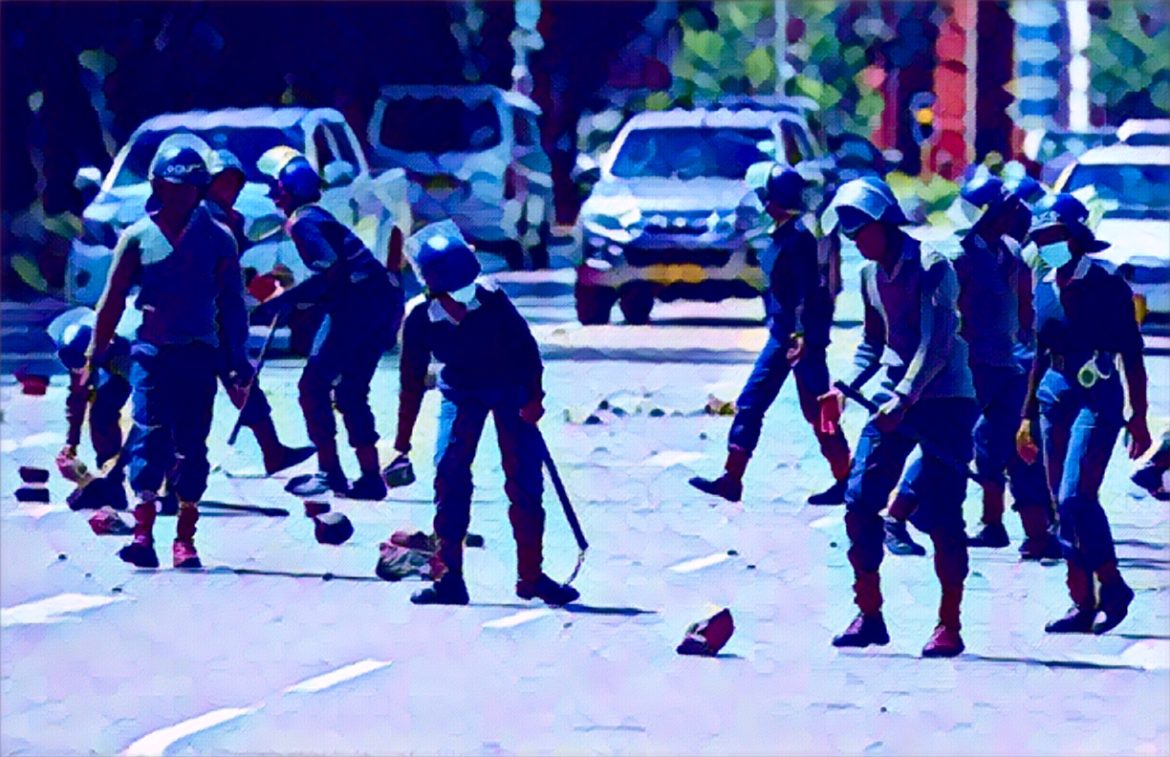KEY POINTS
-
ZPP reports over 1,000 rights violations following the March 31 protests.
-
Police arrested 98 protesters, and many still face detention without bail.
-
The ZPP calls for reforms to end the suppression of dissent.
The Zimbabwe Peace Project (ZPP) reported that over 1,000 people suffered rights violations after the March 31 protests. These protests were triggered by former Zanu-PF member Blessed Geza, a war veteran. Geza, now on the run, used his social media to rally people against President Emmerson Mnangagwa.
Geza accuses Mnangagwa of corruption, nepotism, and tribalism, demanding his resignation.
More than 100 people participated in the protests, which began at Freedom Square in Harare. The police responded with force, attempting to disperse the crowds.
Despite this, the protesters regrouped, blocking key streets in the capital. Police eventually arrested 98 protesters and fired tear gas. These individuals remain detained in Harare Remand Prison, with bail applications denied.
Human rights violations reported before, during, and after the protests
According to NewZimbabwe, the ZPP’s first-quarter report of 2025 raised concerns about human rights violations related to the March 31 protests. The report documented 14 severe assault cases and 98 arrests.
It recorded 24 violations restricting freedom of assembly, affecting 740 people. The report also highlighted 15 violations against freedom of expression, affecting 146 people. Many of these violations were linked to attempts to suppress the protests.
The ZPP condemned the deliberate state-led strategy to violate constitutional rights. These violations targeted the rights to demonstrate, express opinions, and engage in peaceful political activities. Security forces were deployed to intimidate citizens and arrest activists. The police also surveilled communities and monitored online spaces to silence dissent.
Zimbabwe risks institutionalising fear without reform
The ZPP warned that using the justice system as a tool of intimidation harms detainees and their families.
The report emphasised that the government’s actions suppress freedom of expression and erode public trust in institutions. Without accountability and reforms, Zimbabwe risks institutionalising fear and undermining democratic processes.


